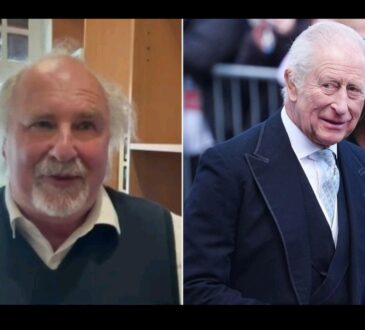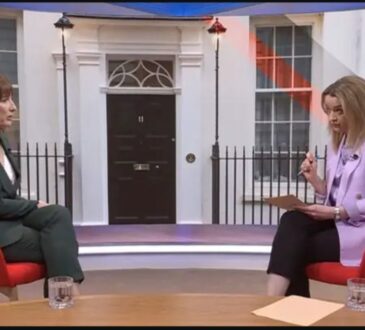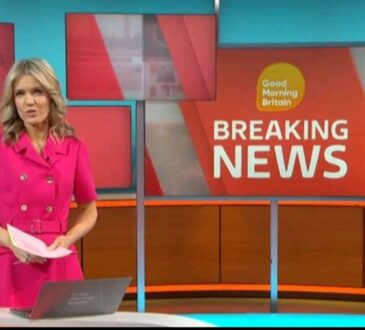Meghan and Harry’s daughter Lilibet is now a princess – the couple says it’s her ‘birthright’

Sweet Lilibet Diana, the daughter of Harry and Meghan, was born on June 4, 2021. Her name is a homage to both her grandmother and great-grandmother. However, as the couple believed they did the right choice by naming their daughter Lilibet, they faced criticism by a number of royal experts
Before the baby’s birth, the Sussexes claimed it would be very unlikely for their daughter to be named after her grandmother, late princess Diana, because they believed the name would come not only with a responsibility but would also “increase the public interest in the child’s life,” according to a source cited by Page Six. At the same time, the source indicated that Diana could be the middle name of Harry and Meghan’s second child, which happened to be true.
Lilibet is the Queen’s childhood nickname. Apparently, she used to pronounce her name like that when she was still very young and her grandfather, King George V, continued to call her that throughout his life. It was also the name Prince Philip used for his queen.
According to The Guardian, shortly after his marriage to Queen Elizabeth, the Duke of Edinburgh wrote a letter to his mother which read: “Lilibet is the only ‘thing’ in the world which is absolutely real to me.”
One of the people who criticized the couple over the name is royal commentator Richard Kay. He wrote in a column for the Daily Mail that Harry and Meghan took things too far naming the girl Lilibet.
“By giving the baby the name Lilibet, the Queen’s private family nickname – even though they intend to use the diminutive ‘Lili’ for their daughter – there is a risk,” Kay wrote, as quoted by Express.
“Will it be seen as a presumptuous choice for a royal baby who is eighth in line to the throne, but who will grow up on the other side of the world speaking with an American accent?”
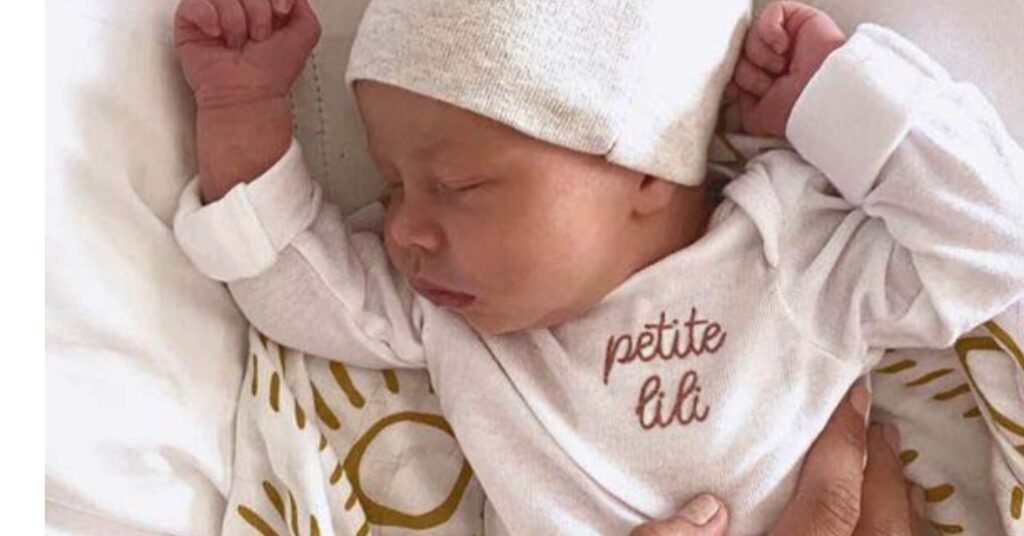
He continued: “And how might Prince Charles feel about his fifth grandchild carrying such an intimate family pet name that he has never used himself? It is tempting to wonder if Harry would have been so emboldened in his choice if his grandfather Prince Philip – the only close family member permitted to call the Queen ‘Lilibet’ – had still been alive.
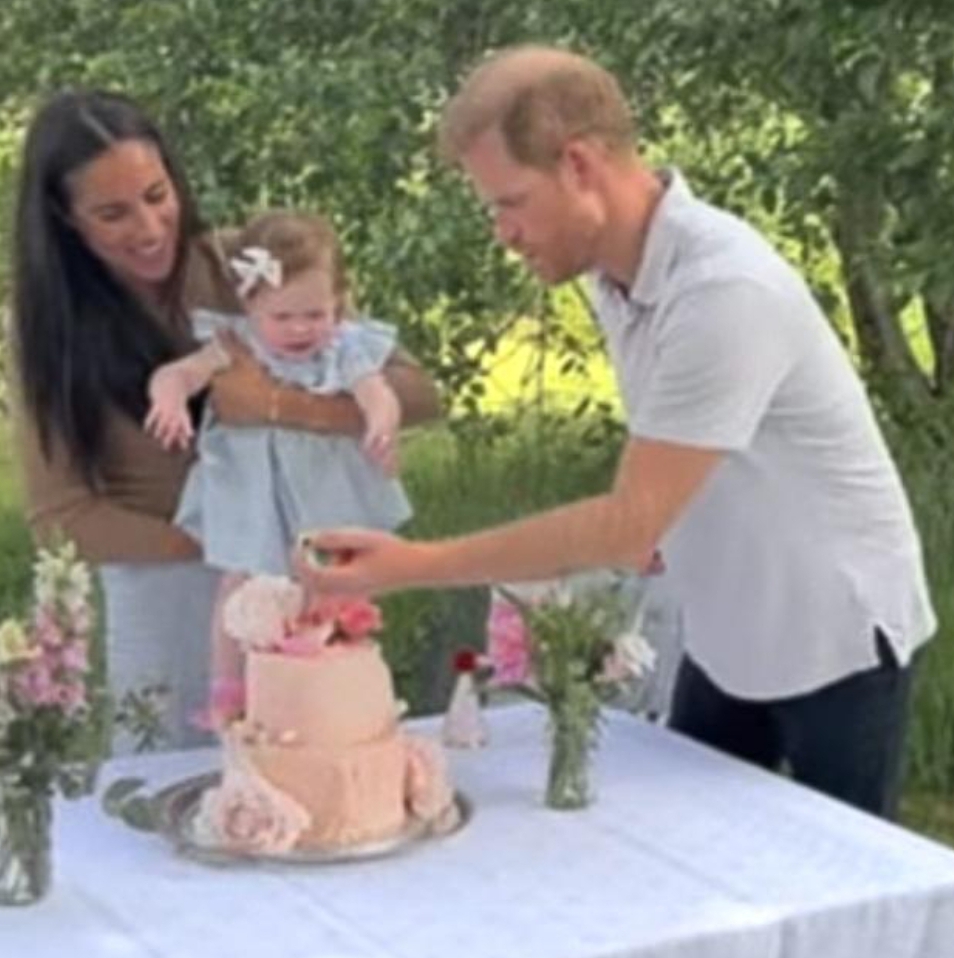
Lilibet met her British part of the family when she celebrated her first birthday on the grounds of Frogmore Cottage, which up until last week, had been Harry and Meghan’s British base in the UK.
Last week, she was christened at the Sussexes’ family home in Montesito, California, and there were between 20 to 30 people in attendance. The little one’s name is now Princess Lilibet Diana and her parents believe it’s her birth right to be called Princess.
“The children’s titles have been a birthright since their grandfather became monarch. This matter has been settled for some time in alignment with Buckingham Palace,” a spokesman for the couple said.
Many have been left puzzled as to why Archie and Lilibet got to receive the titles of Prince and Princess, but the explanation is in fact a very simple one.
In 1917, George V created the rules that are still in place today. He decided that the children of the sons of any Sovereign “shall have and at all times hold and enjoy the style title or attribute of Royal Highness with their titular dignity of Prince or Princess prefixed to their respective Christian names or with their other titles of honor.” So, when the Queen passed and King Charles became the monarch, Archie and Lilibet became eligible for their own royal titles.
“It wasn’t clear if they would use them or not since Harry and Meghan have left the family as working royals and headed to the States,” TalkTV Royal Editor Sarah Hewson told Sky. “We understand discussions took place after the Queen’s funeral and it has been agreed that they will be known formally as prince and princess – although Harry and Meghan won’t be using it in everyday life.”

